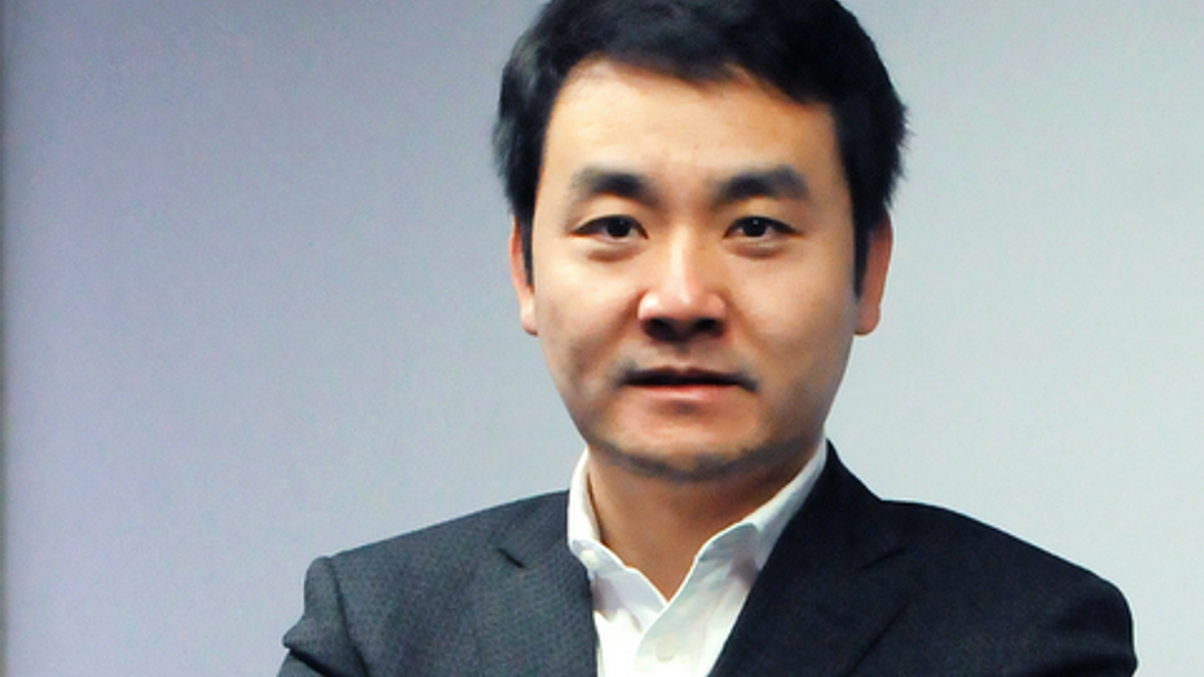Fosun overweight EM high yield, European loans
The firm’s bond CIO favours EM debt, European loans and safe havens for its insurance portfolios. He does not see the Fed raising rates quickly this year, nor the ECB or BoJ cutting rates further.

Shanghai-based Fosun Group has this year moved to overweight emerging-market (EM) dollar high-yield bonds, taking the view that the US Federal Reserve will be reluctant to raise interest rates too much too fast. It also favours European mid-market loans and safe-haven assets.
Sign in to read on!
Registered users get 2 free articles in 30 days.
Subscribers have full unlimited access to AsianInvestor
Not signed up? New users get 2 free articles per month, plus a 7-day unlimited free trial.
¬ Haymarket Media Limited. All rights reserved.


